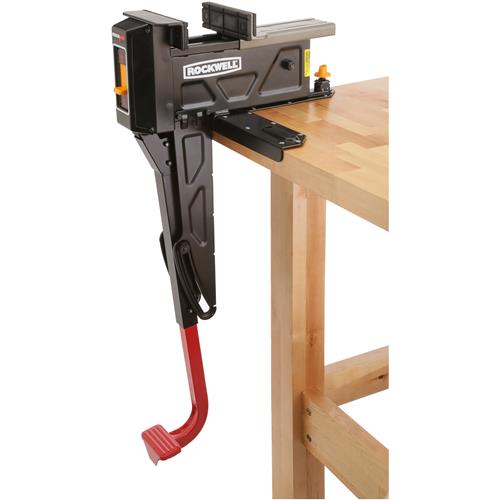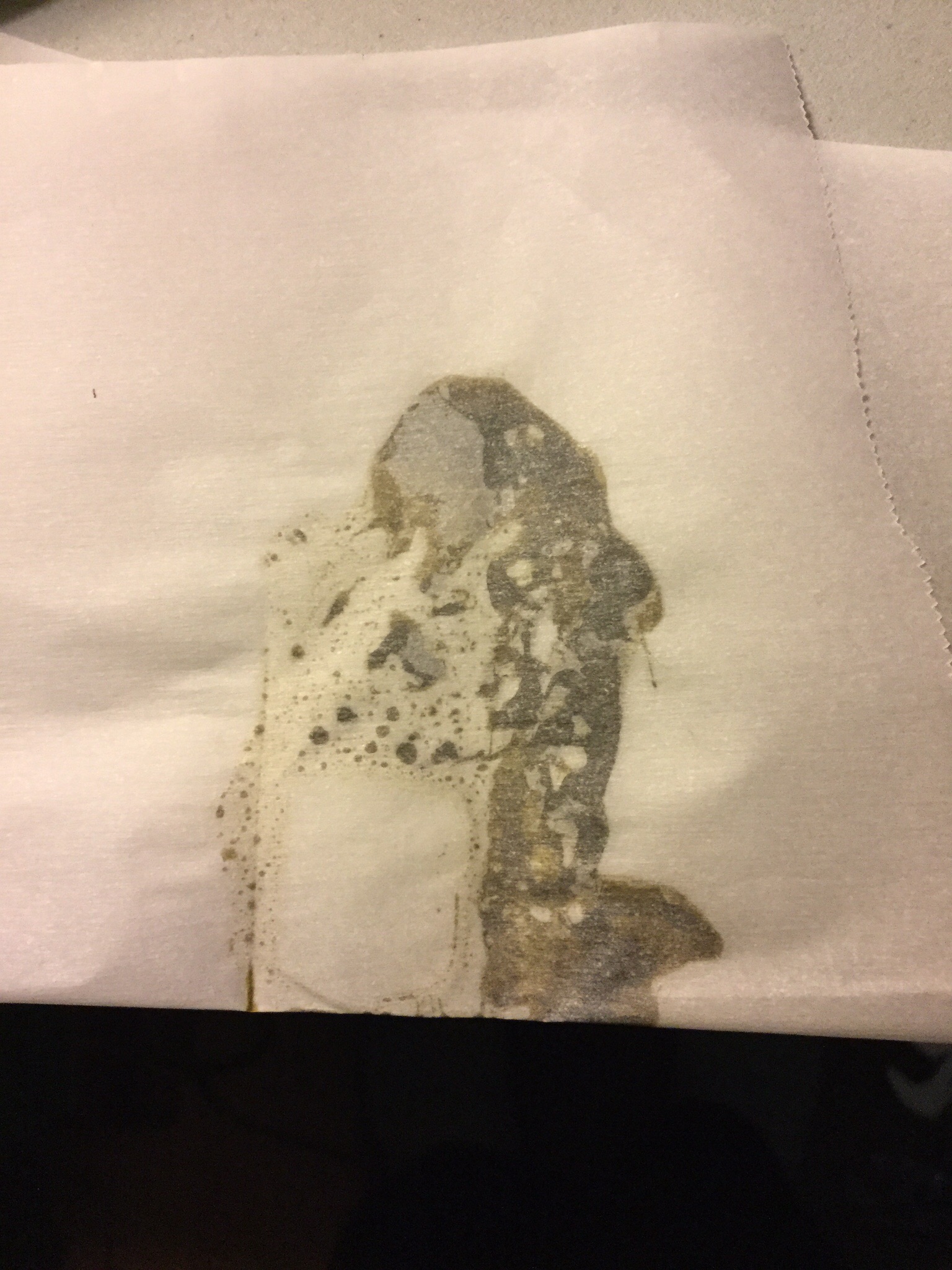@2clicker
I recommended 1/32 ptfe sheet because it's thick and sturdy enough to be long term reusable, which is definitely preferable to disposal and waste. I estimate oil slick sheet is about 2 mils thick, which means 1/32 sheet would be about 15 times thicker. If that's not tough enough, 1/16 or 1/8 definitely would be, but you'd start having to deal with heat transfer and retention issues with those (as mentioned above).
@farscaper I had not heard of that issue with oil slick pads, but I believe it. I've had similar durability issues, now I think thick PTFE is the way to go, at least until we find something better.
If PTFE film is ecologically irresponsible, then parchment is worse because there's no way PTFE can be recycled once it's blended with paper.










